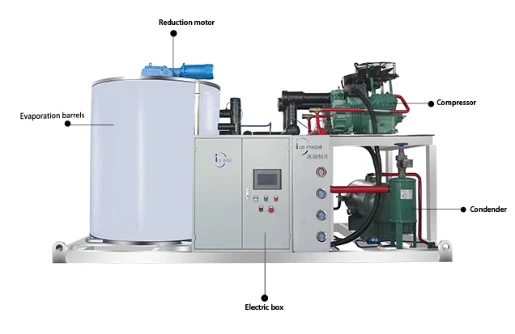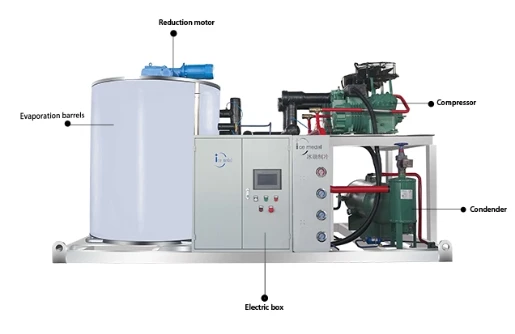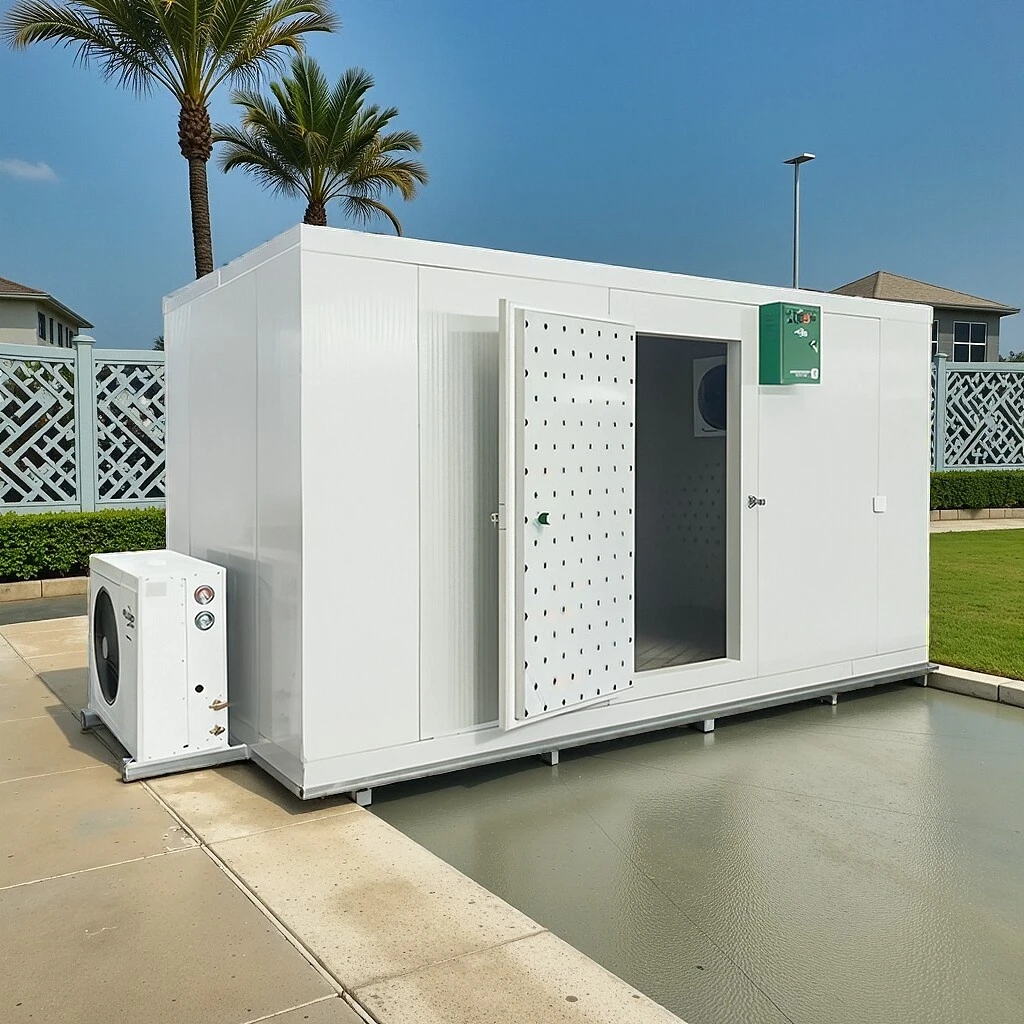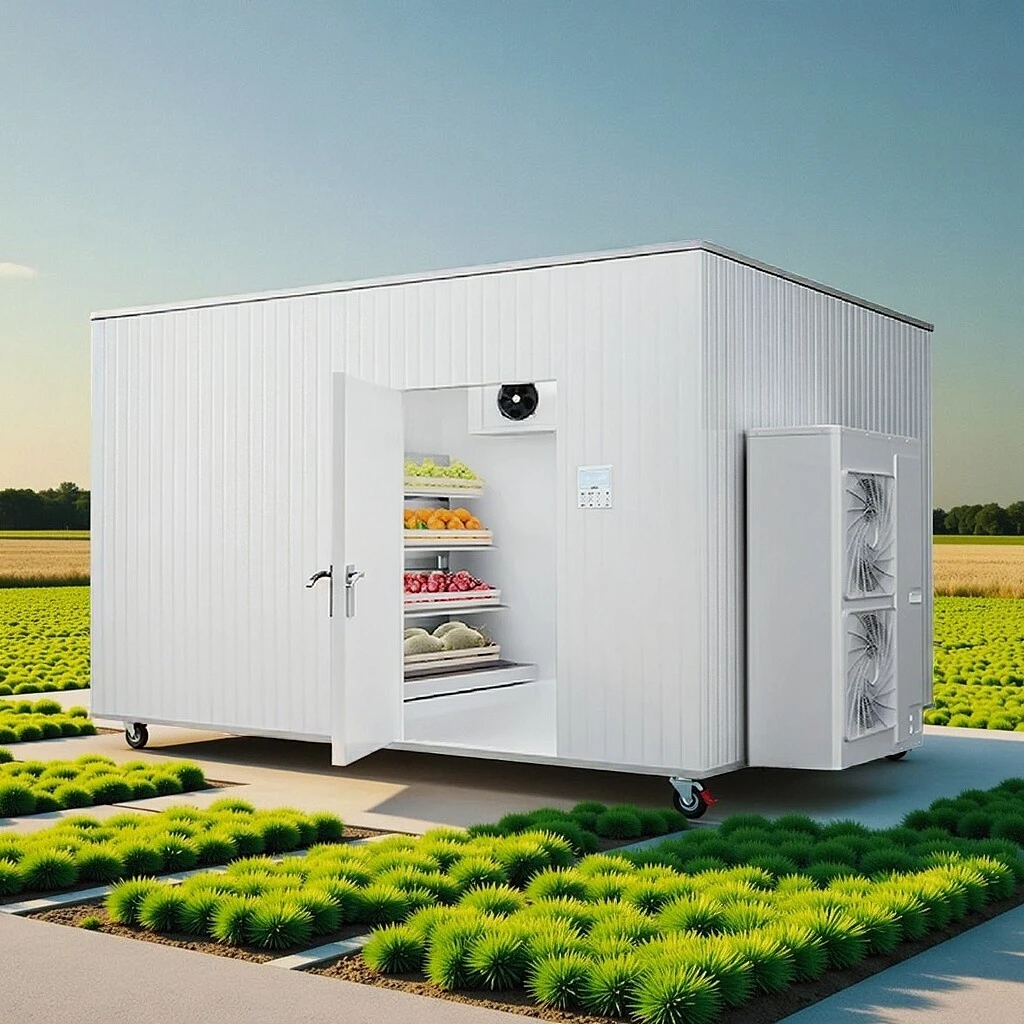Exploring the Role of Cold Storage Facilities in Modern Supply Chains
The Importance of Cold Storage Factories
In today's fast-paced world, the demand for freshness and quality in food and pharmaceutical products has never been higher. Cold storage factories play a pivotal role in meeting this demand by providing the necessary environment to preserve perishable goods. These specialized facilities are designed to maintain low temperatures, ensuring that products remain fresh for extended periods and reducing spoilage rates.
Cold storage factories are essential for various industries, including food distribution, agriculture, and pharmaceuticals. For instance, in the food industry, fruits, vegetables, dairy products, and meats require specific temperature controls to remain safe for consumption. Without these facilities, many products would quickly spoil, leading to significant losses for producers and distributors. By maintaining an optimal environment, cold storage helps to reduce waste, thereby contributing to a more sustainable food supply chain.
Moreover, cold storage facilities play a crucial role in enhancing global trade. With the growing demand for exotic fruits and vegetables and a wider variety of food products, countries can now export goods that would otherwise perish during transit. Cold storage enables these products to be transported over long distances, ensuring they reach consumers in peak condition. This not only benefits suppliers and consumers but also stimulates economic growth in exporting countries.
cold storage factories
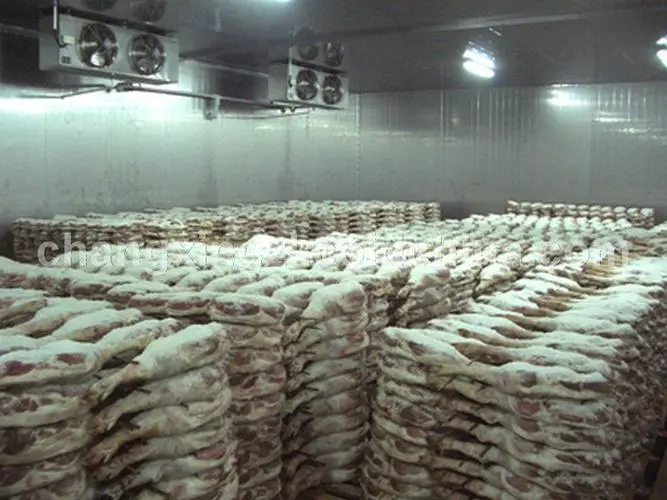
The pharmaceutical industry also relies heavily on cold storage factories. Many vaccines and medications require refrigeration to maintain their efficacy. Cold chain logistics ensures that these products stay within the appropriate temperature ranges from production to distribution, safeguarding public health. Any deviation from these required conditions can compromise the effectiveness of these critical healthcare products, leading to potentially dire consequences.
In terms of technology, modern cold storage factories have evolved considerably. Many facilities now utilize advanced monitoring systems and automation to maintain optimal conditions efficiently. Sensors and IoT devices provide real-time data on temperature, humidity, and inventory levels, allowing operators to respond quickly to any issues that may arise. This technological integration not only enhances operational efficiency but also helps in reducing energy consumption, making these facilities more environmentally friendly.
Sustainability is another growing focus for cold storage operations. With an increased awareness of climate change, many facilities are implementing energy-efficient practices, including the use of renewable energy sources and eco-friendly refrigerants. These efforts reflect a commitment not only to business success but also to the well-being of the planet.
In conclusion, cold storage factories are indispensable in today's global economy, providing critical support to the food and pharmaceutical industries. They enable the preservation of perishable items, facilitate international trade, and ensure the safety and efficacy of medications. As technology advances and sustainability becomes more prominent, the role of cold storage facilities will only continue to expand, helping to meet the demands of a rapidly changing world while addressing environmental concerns.



